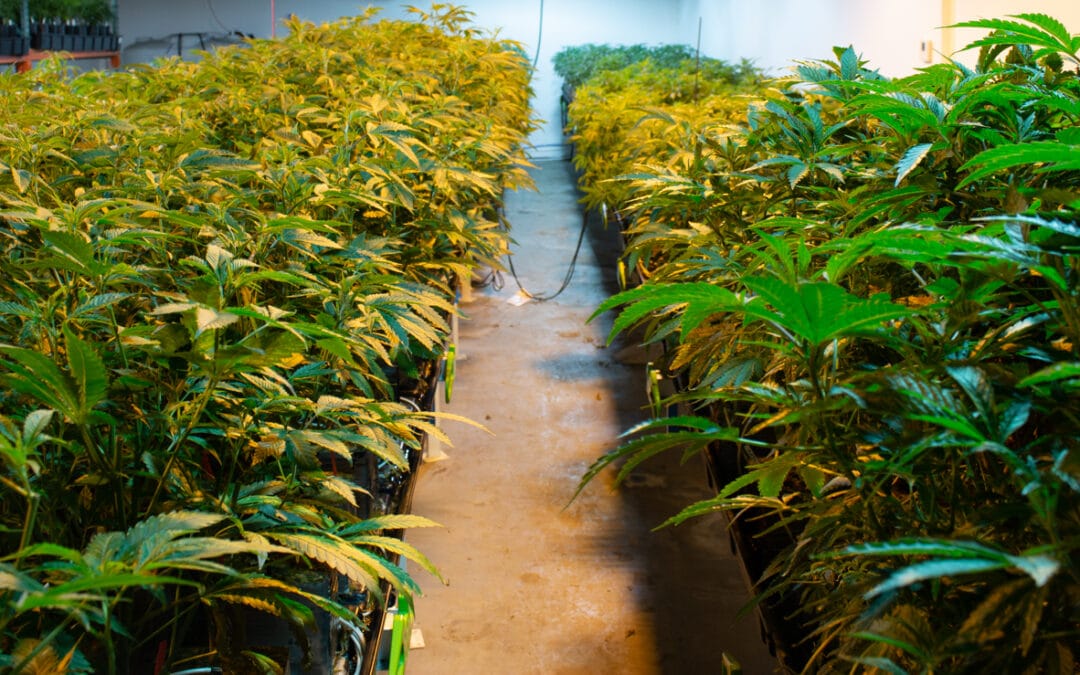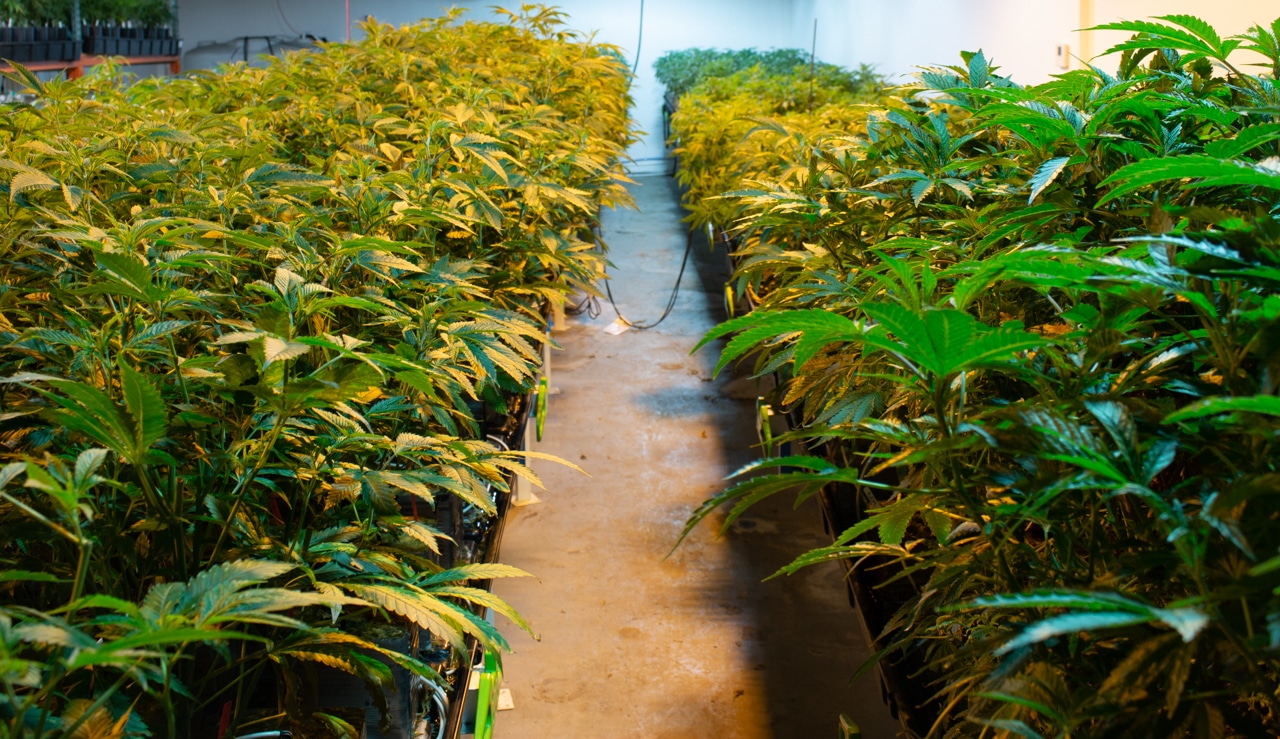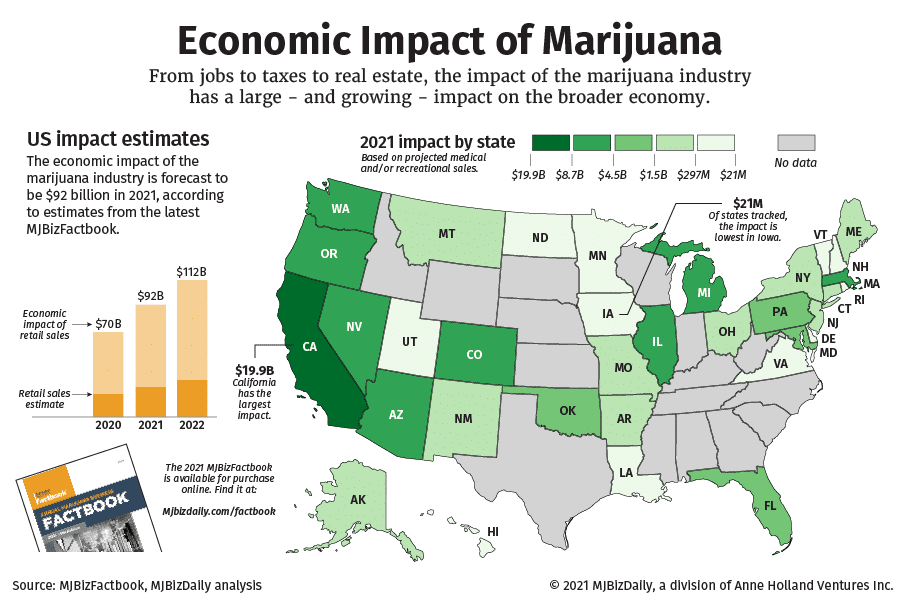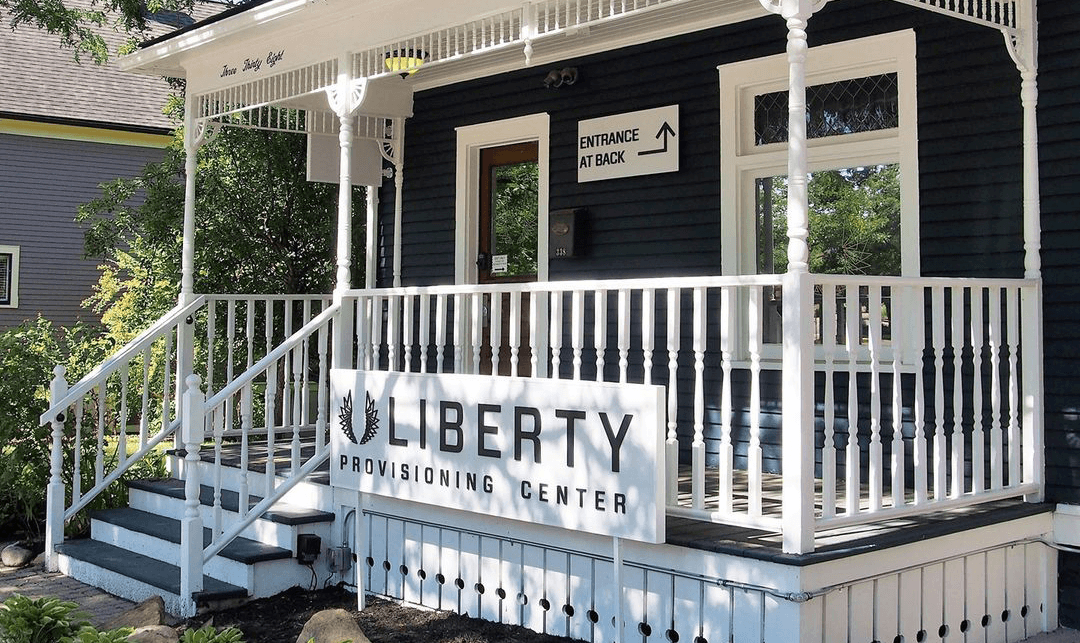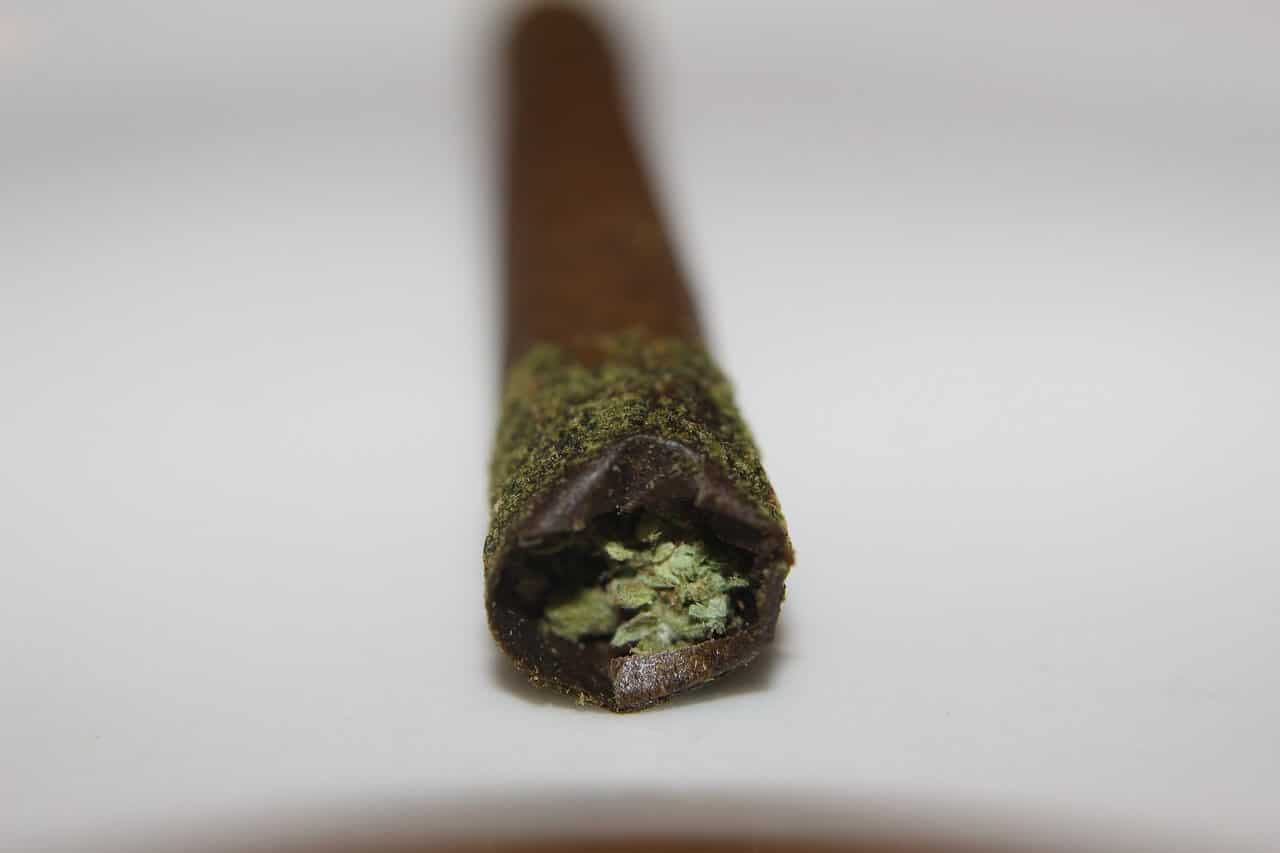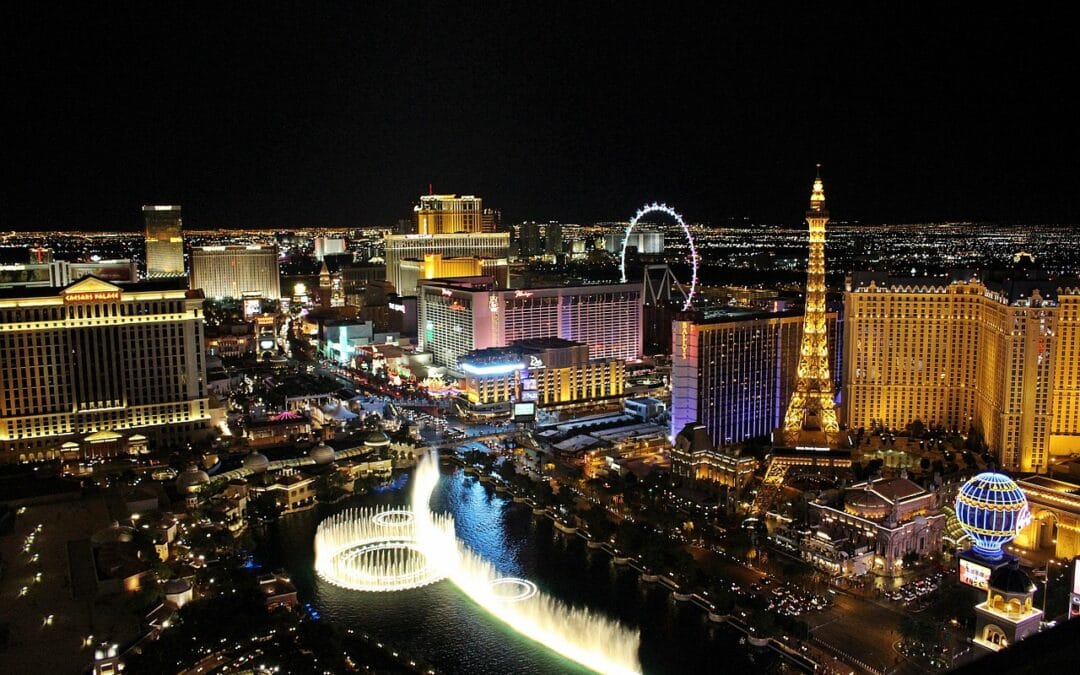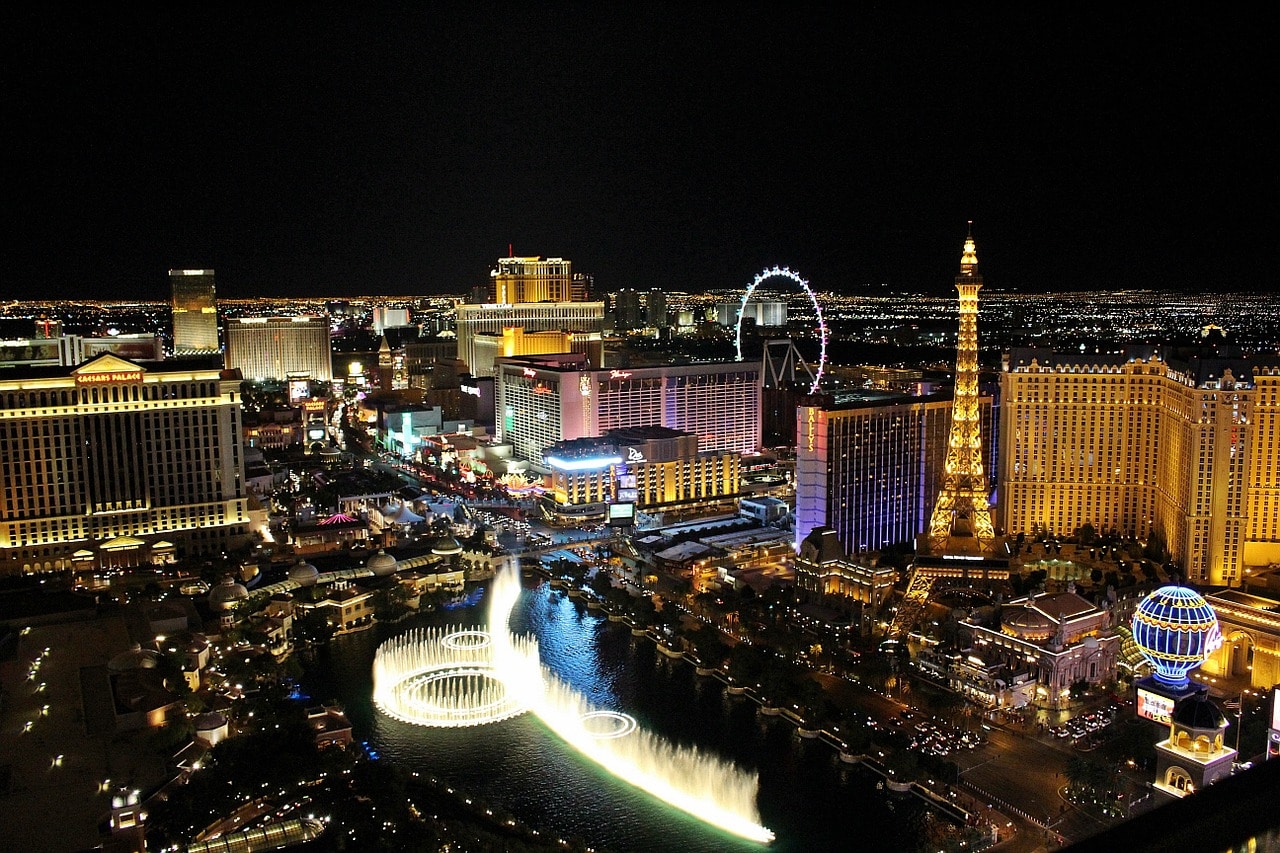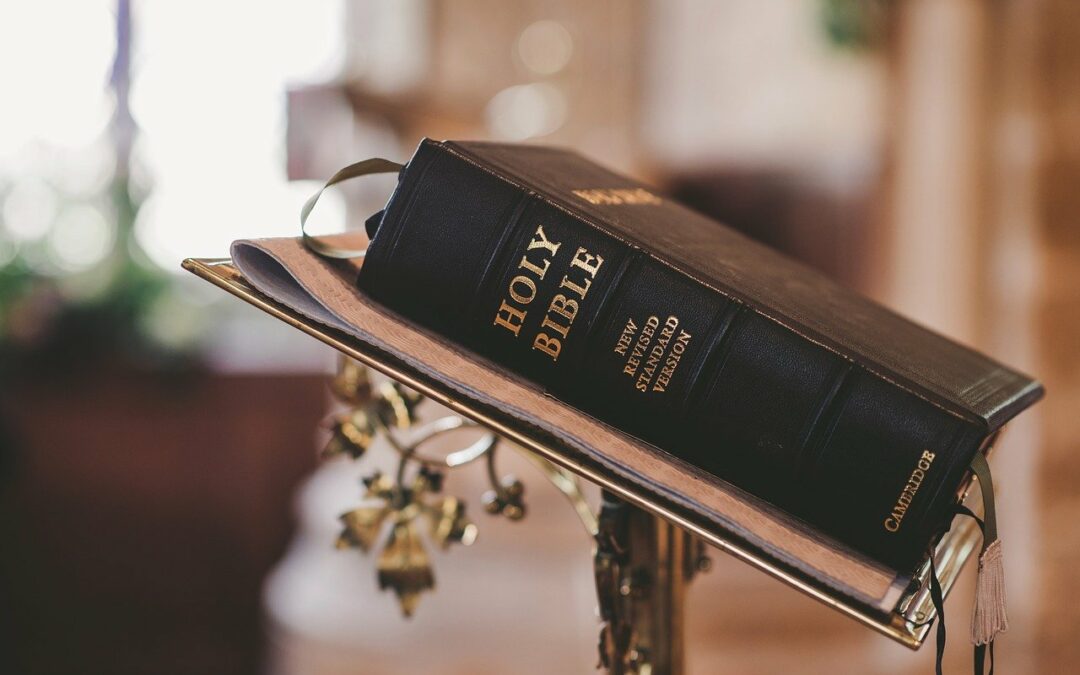
Religious Americans Split Over Cannabis Legalization
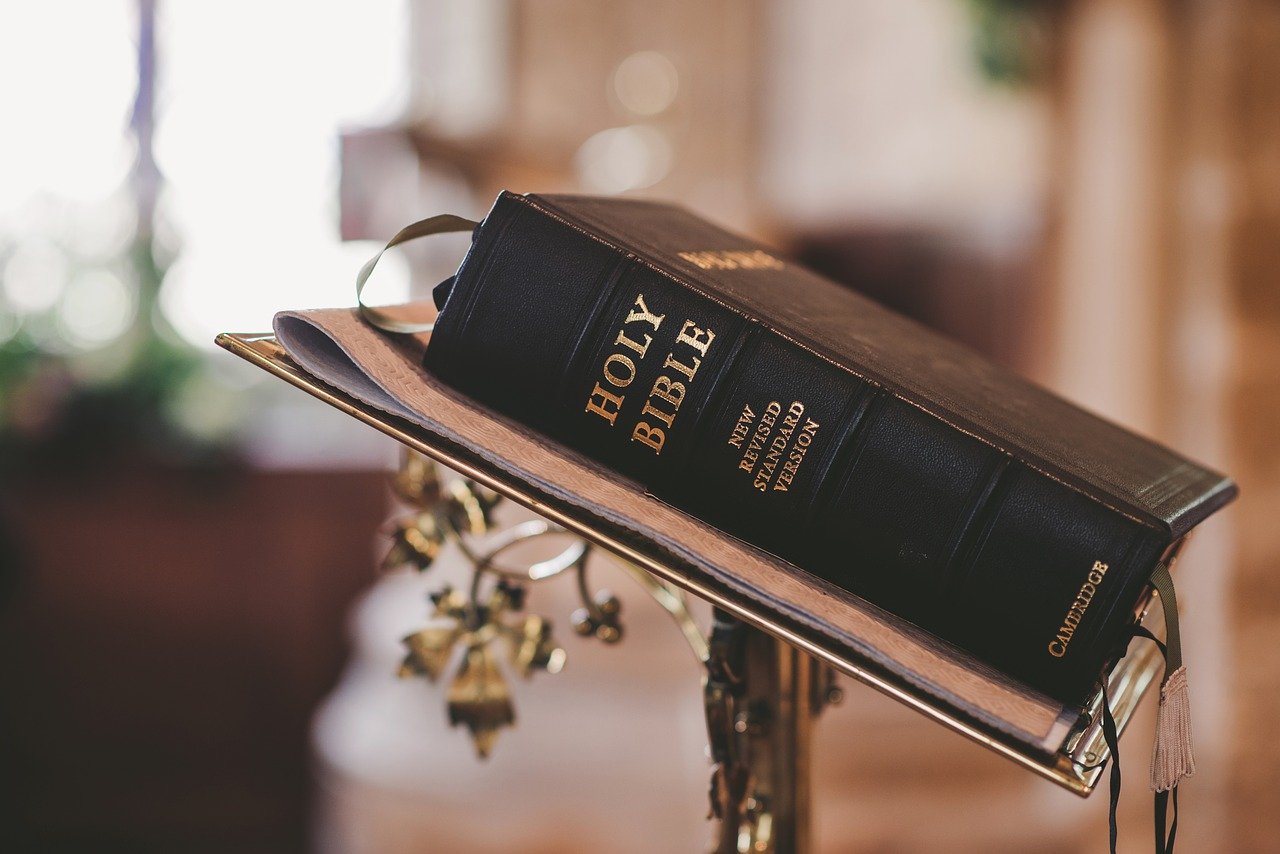
When it comes to supporting the legalization of cannabis, the religious community in the US is divided.
According to the latest polling from Pew Research Center, 60% of all US adults support legalization of medical and recreational cannabis, with only 8% that want to keep it illegal and 31% supporting medical cannabis only.
However when these results are broken down and analyzed on the community level, the polling is much more complex, and interesting.
Christian Cannabis Legalization Support
Overall, religiously affiliated individuals are less likely to support broad cannabis legalization. White evangelical Christians were the least supportive of legal cannabis, with only 44% supporting full legalization and another 43% supporting medical only.
However, the protestant population — that is the general Christian population that isn’t evangelical or Catholic — is much more supportive of cannabis legalization at 53%. Additionally, white, non-evangelical Christians support broad cannabis legalization by a margin of 62%.
That’s 2% higher than the national average.
Black non-evangelical Christians are nearly identical in their support, with 63% supporting full legalization. Catholics are similar to protestants in their support also at 53% overall with 58% support specifically from the white Catholic community but only 51% support from hispanic Catholics.
Religiously Unaffiliated Most Supportive
Compared to the former, religiously unaffiliated individuals are the most supportive of broad cannabis legalization. Overall, 76% support legalization, with 88% and 86% support coming from Atheists and Agnostics respectively.
Opinions about whether marijuana should be legal for recreational and/or medical use also differ based on how often people pray and how important they say religion is in their lives. 46% of adults who pray every day say marijuana should be legal for both medical and recreational use, compared with roughly seven-in-ten (72%) of those who pray less often.
Similarly, people who say religion is “very important” in their lives are less likely to favor broadly legal marijuana than those who say religion is less important (44% vs. 71%).

